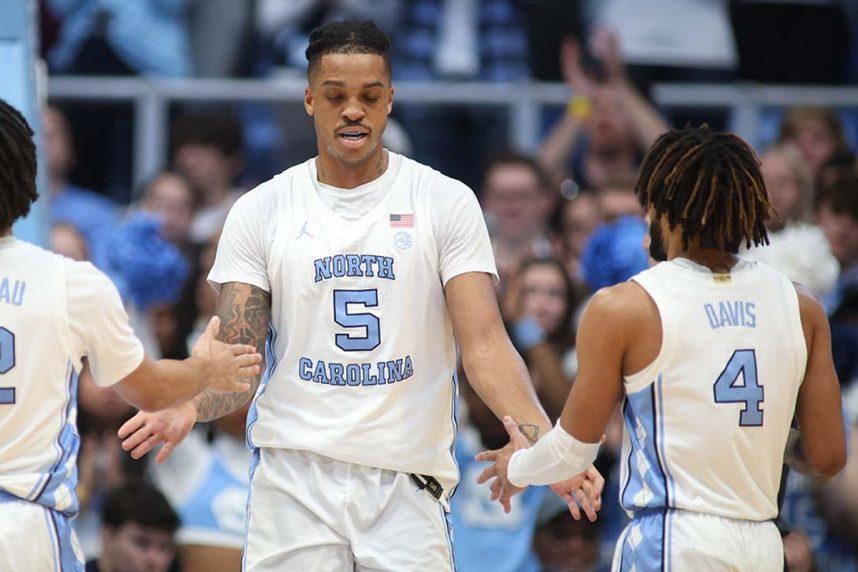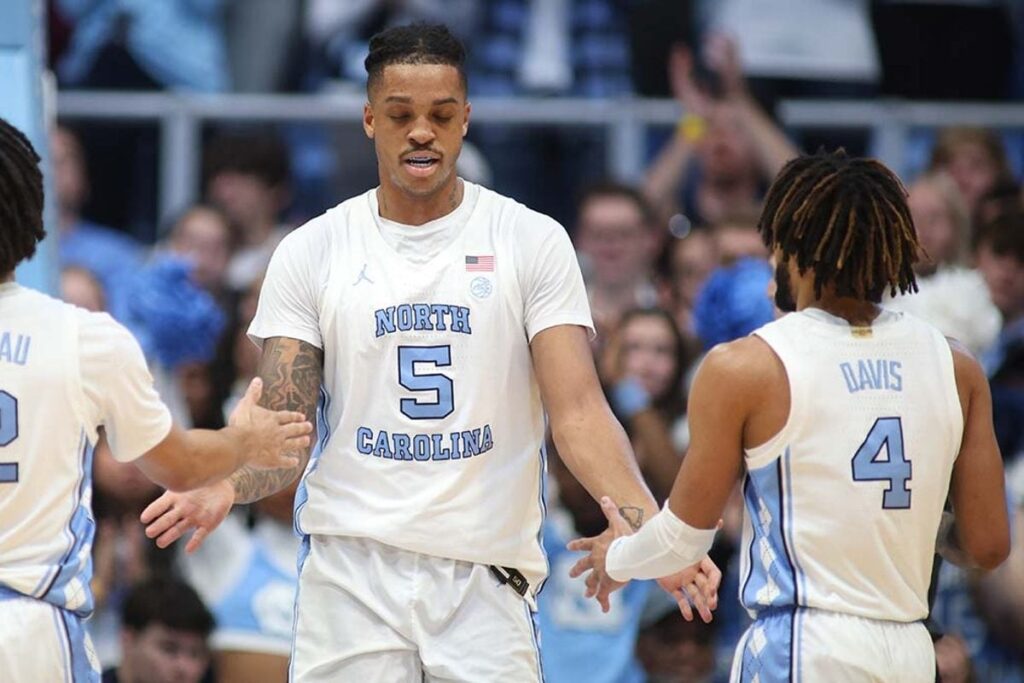Posted on: March 1, 2024, 09:34h.
Last updated on: March 1, 2024, 04:12h.
North Carolina sportsbooks are officially open for online registration.

The North Carolina State Lottery Commission — which is responsible for issuing commercial and tribal online sports betting licenses and for regulating their operations — announced on Thursday that eight sportsbook operators have been greenlit to begin registering players. The approved books include bet365, BetMGM, Caesars Sportsbook, DraftKings, ESPN Bet, Fanatics, FanDuel, and Underdog Sports.
Each operator, other than Caesars Sportsbook, is partnered with an in-state professional sports team or venue. Caesars Sportsbook qualified for an online sportsbook license through its partnership with the Eastern Band of Cherokee Indians’ two Tribal casinos. Caesars Sportsbook has operated retail sports betting at Harrah’s Cherokee and Harrah’s Cherokee Valley River since 2021.
The books can begin signing up online sports bettors at noon EST today. Players can set up their wagering accounts and make deposits. Registrations require a person to provide their name, date of birth, mailing address, and Social Security number or another U.S. government identification.
The North Carolina State Lottery Commission will allow the eight online sportsbook operators to commence operations at noon EST on March 11. The debut comes a day before the start of the Atlantic Coast Conference men’s basketball tournament, which involves the state’s beloved Duke Blue Devils and North Carolina Tar Heels.
The Caesars Sportsbook has a jump start on the other seven, as being tethered to a tribal casino the online operation was clear to begin accepting bets from bettors physically located at the two Cherokee casinos or on sovereign land owned by the tribe. Caesars told Casino.org the first online bet was a $50 wager on the South Alabama Jaguars covering a 7.5-point spread against the Louisiana-Monroe Warhawks.
North Carolina Sports Betting
Each of the eight approved sportsbooks paid the state a $1 million licensing fee that’s good for five years. Renewals are set at an additional $1 million for a second five-year duration come 2029.
As of March 11, the online sportsbooks will be allowed to take bets on professional and college sports. The state will collect 18% of each book’s gross sports betting revenue.
The sports betting taxes will primarily benefit athletics at North Carolina’s colleges and universities. After the state Lottery Commission covers its regulatory costs and sets aside $2 million for problem gambling programs, the sports wagering tax money will go to 13 university athletics programs. Each school will receive the same amount, up to $300K annually.
The schools include Appalachian State University, East Carolina University, Elizabeth City State University, Fayetteville State, North Carolina Agricultural & Technical State University, North Carolina Central University, University of North Carolina at Asheville, Charlotte, Greensboro, Pembroke, and Wilmington, Western Carolina University, and Winston-Salem State University.
North Carolina’s legislative fiscal analysts expect the state to receive $70 million annually after the state sports betting industry matures. After the school payouts, the remaining taxes will go to North Carolina’s Outdoor Heritage Advisory Council to provide sports-related grants for youth sports.
Player Props Allowed
Much to the chagrin of the NCAA, North Carolina’s sports betting regulations don’t prohibit player props involving college athletes.
NCAA President Charlie Baker has asked the few remaining states that allow oddsmakers to take bets on a student-athlete’s individual performance to forbid such wagers. Many college athletes have reported being harassed online and verbally abused.
Ohio adhered to Baker’s plea last month and ordered its retail and online sportsbooks to cease allowing such bets. With Ohio’s exit from college player props and North Carolina’s arrival, just six states and Washington, D.C., allow the wagers. Along with North Carolina, they are Kansas, Louisiana, Maryland, Michigan, and Wyoming.



